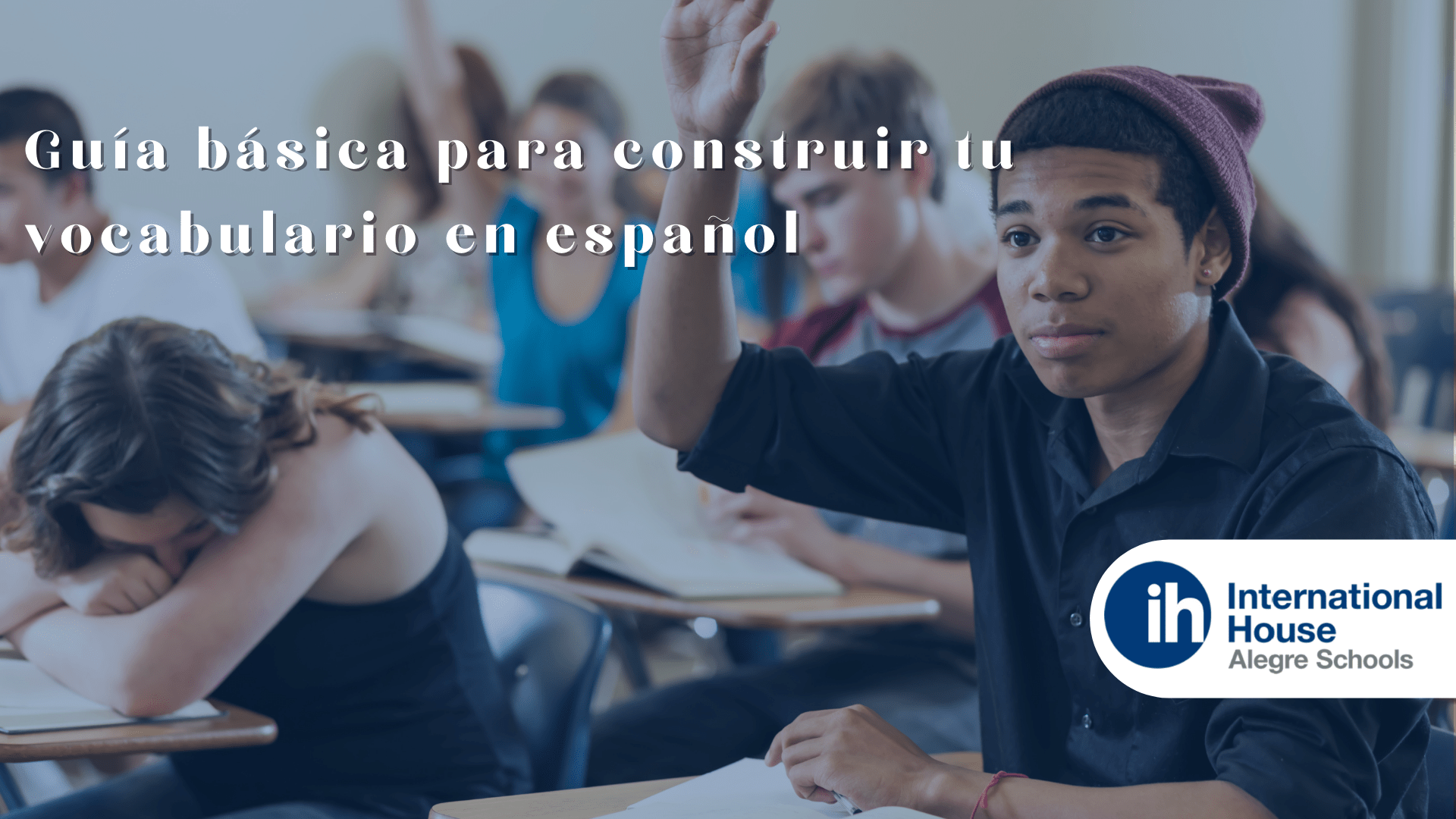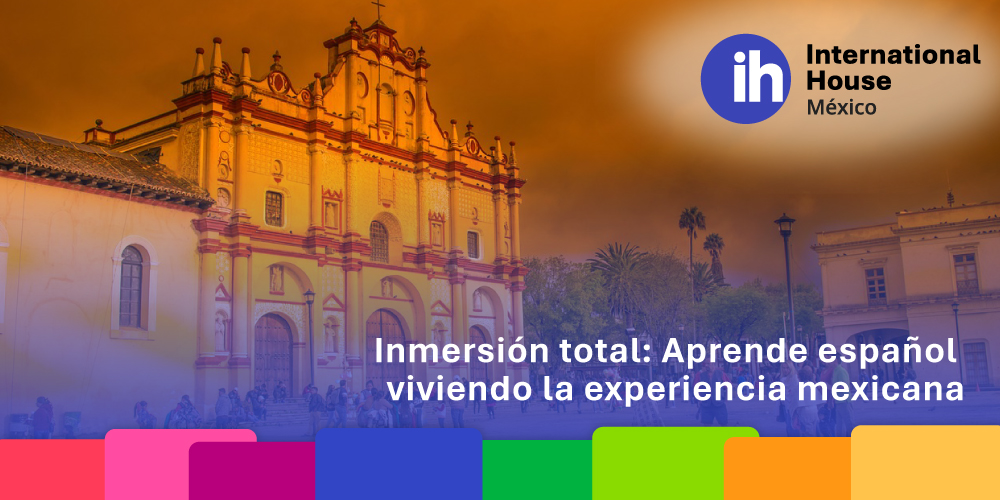Learn to effectively build your vocabulary in Spanish and thus be able to use it effectively in your conversations with an intensive Spanish course.
Your vocabulary is the storehouse of your Spanish words and phrases. Part of it is active, which means that you can use it instantly in any conversation in Spanish, and the other part is passive, that means that words and phrases that you understand very well but they are not for quick use or for a conversation normal. Developing your vocabulary in English will help you to function both in the social and work fields, and the better way to do it with our Spanish courses at Alegre Spanish School.
Learning Spanish (one word), a challenge
When you learn a word or phrase in Spanish, you are not just learning a piece of information, even if it seems like it. When you learn a word, there are several factors that you must consider so that your brain can capture and memorize it.
- Shape: How long is the word? How many syllables does it contain? What are the sounds of this word, how is it written, how is it pronounced? How does it change (conjugate…)?
- Meaning: What is your translation? What are the different meanings? How is it distinguished from its English equivalent? Does it have a correct equivalent in English?
- Context: Where did you hear or read it? What were the words that surrounded her? Does its use change according to the context?
This tells us that learning a word is not as easy as it may sound, so how do you know that you really know a word?
Spanish vocabulary: quality vs quantity
Many of us, in our approach to Spanish vocabulary, think that the more we know the better, and this is one of the reasons why we learn an immense number of words as soon as possible. In any case, this can be counterproductive, that is, there is something correct in these practices, but you have to know the type of vocabulary you are talking about in our Spanish Schools.
Do you remember what we mentioned to you about passive and active vocabulary? While a person with passive vocabulary may have a lot of words and knowledge about various contexts, as well as phrases and constructions, people with active vocabulary have a necessary knowledge (not so long) which allows them to use it easily in all their conversations in Spanish courses and real life.
The challenge is to develop both the quality and quantity of vocabulary. It is great to be able to understand everything you hear, and understand (passive vocabulary); but it is also important to know enough words and phrases in your vocabulary to know how and when to use them properly (active vocabulary). Balance will always be necessary.
Do you want to teach Spanish? We help you with our Spanish teacher training courses in IH Riviera Maya.








